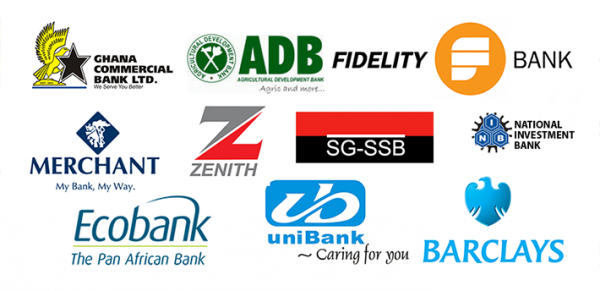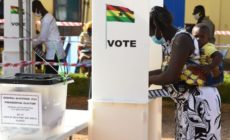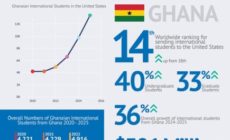Its presence will increase the number of banks to 36.
Analysts in the industry are of the view that two savings and loans companies; uniCredit and Bonds Savings and Loans are also in the race to become fully fledged banks soon.
This paper also understands that a Spanish consortium is also lurking around to probably acquire an existing bank or set up as a fresh entity.
So far this year, Heritage Bank and Premium Bank have officially launched their operations after being granted an approval-in-principle license last year.
Whilst some market watchers believe that there are so many banks in Ghana compared to its neighboring peers, others believe the huge number is good for competition since consumers will have options.
The Bank of Ghana has also indicated its intentions of increasing the minimum capital requirements of banks to at least GH¢250 million, from the present GH¢120 million.
According to the pwc 2016 Ghana Banking Report, there are 7.0 tier one banks operating in Ghana. That number is however expected to increase to 8.0. The banks are Ecobank, GCB, Stanbic, uniBank, Fidelity, CAL and Barclays Bank.
The tier two banks are Stanchart, Zenith, UBA, Access Bank,NIB, ADB and Societe Generale while the three banks are HFC, GT Bank, Prudential, Bank of Africa, First Atlantic, The Royal Bank and GN Bank.
Sahel Sahara, FBN, Energy Bank and Bank of Baroda constituted the tier four banks.
According to the Bank of Ghana Banking Sector Report May 2017, the banking industry continued to be stable, sound and solvent, although some key risks remain. These are the high non-performing loans and significant concentration risks with respect to the industry’s exposure to the energy sector. The outlook for the industry, however, remains positive over the medium term.
Number of banks in Ghana to hit 40
- Posted on
- Comment
 THE number of banks in the country is expected to hit 40 from the current 35 by the close of the year, Business Finder has learnt.
THE number of banks in the country is expected to hit 40 from the current 35 by the close of the year, Business Finder has learnt.
The latest additions to the list include The Construction and Beige banks. Ghana Home Loans, which has received a provisional license, will soon launch its presence after undergoing some critical requirements including training of staff among others.
By Augustine AMOAH










 (Selorm) |
(Selorm) |  (Nana Kwesi)
(Nana Kwesi)